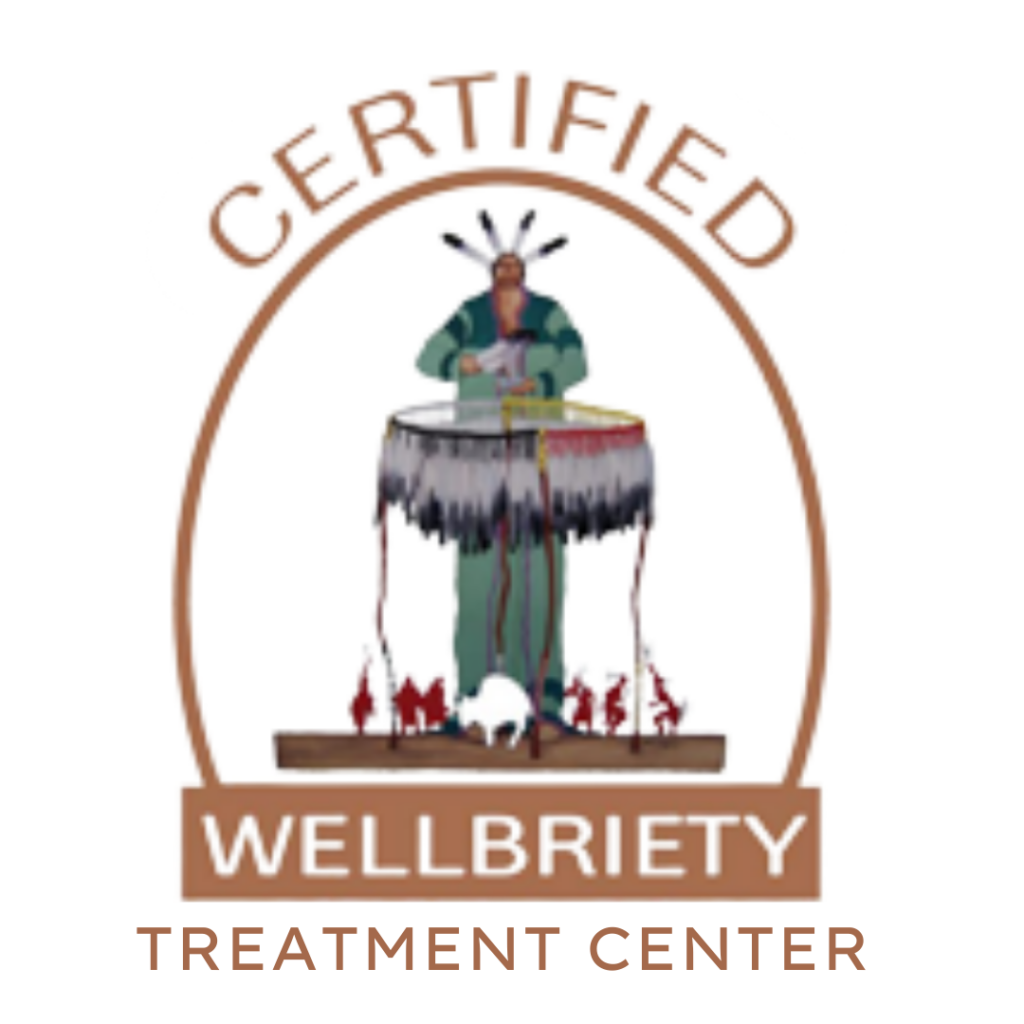The role of support groups in addiction treatment should not be underestimated. They play an essential function in helping people stay sober and continue to be an important part of recovery. They are typically part of long-term aftercare plans, after completion of an addiction treatment program. These groups include 12-Step meetings such as Alcoholics Anonymous (AA), as well as other programs designed for a wide range of people and circumstances. The function of these groups is to provide an environment where people in recovery can share their stories and experiences. They are a safe place where people can share without fear of judgment, to an empathetic and understanding crowd. There is tremendous power in a group who shares similar feelings and can relate on some level, all while being unique individuals at the same time.
When someone dealing with addiction realizes that they are not alone and that others are facing similar situations, it can make it easier to take responsibility for your addiction. Although support groups are non-professional and do not provide formal treatment, they are usually recommended by medical professionals to help drug or alcohol recovery. Support groups work along with a 12-Step program to help their members stay clean. The emotional support that group meetings provide is known to be a powerful tool in addiction recovery and long term sobriety.
Drug abuse and alcohol abuse can have a large impact on not just physical, but mental health as well. Treatment facilities will begin to address these issues but upon completion, there is still ongoing work to do. Not only do those recovering from substance abuse need the assistance of these programs, but family members and friends can benefit as well. There are peer group and 12 step based programs available to address how to deal with a loved one’s addiction. These programs can be extremely valuable for families that have been gravely affected by their loved one’s addiction.
The most popular of all peer support groups is AA. They are the originators of the 12-steps and encourage their members to work the steps with another member, called a sponsor. These steps are spiritual in nature and help members to take responsibility for their own actions. A large part of the process is apologizing to those they may have hurt as the result of, or during their addiction. Members also develop principles to live a life free from alcohol and mind-altering substances. AA invites people of all age, race, or denomination, and is open to anyone who has a desire to stop drinking.
Another alternative for those who prefer a non-spiritual approach is SMART recovery. These groups are based on a “Four point program”. These four points are enhancing motivation, refusing to act on urges to use, managing life’s problems in a sensible and effective way without substances, and developing a positive, balanced, and healthy lifestyle. Like AA, SMART recovery does not charge members, but they do ask for a donation through a collection, called “pass the hat.”
Overall, it has been proven that support groups work. The Substance Abuse and Mental Health Services Administration estimates that approximately five million people a year attend self-help groups. Out of that five million, almost 50 percent were able to stop using drugs or alcohol in the 30 days before their interview.
Navigating back to everyday life from addiction can seem overwhelming at times for you or a loved one. At Royal Life Centers, we know that recovery is a process, not a one-time problem that needs solving. Call us today to find out more about support groups as well as other programs that we offer. We are available 24/7 at (877)-732-6837 or (877)-RECOVERY
- Is Kombucha Okay to Drink in Recovery? - May 29, 2019
- Addiction Treatment: Common Co-Occurring Disorders - May 16, 2019
- 10 Tips for Meditation in a Drug Rehabilitation Center - May 8, 2019
























